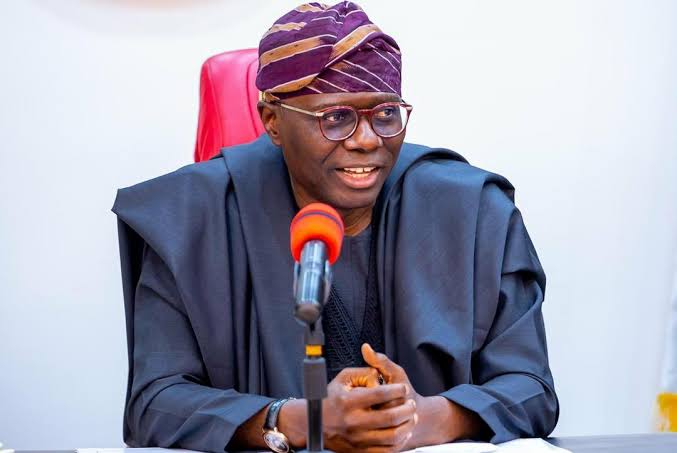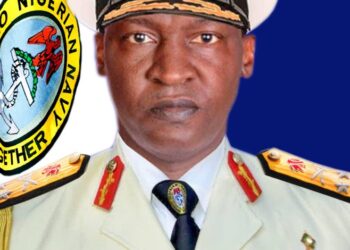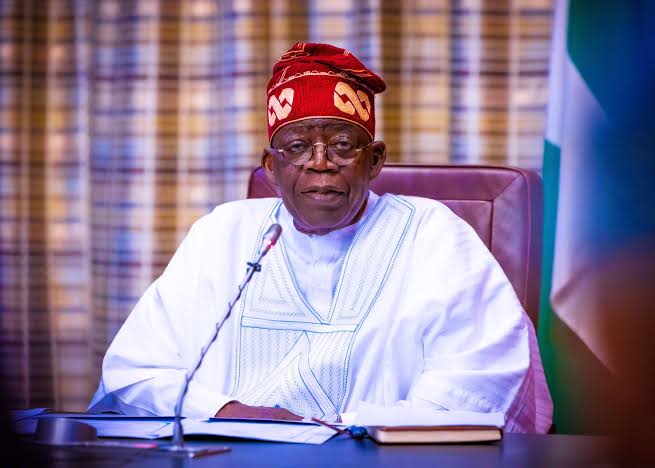The Lagos State Government has revealed that it spent approximately N2 billion on poverty alleviation initiatives over the past year to support vulnerable residents, particularly women and youth. The interventions were carried out through the Ministry of Women Affairs and Poverty Alleviation (WAPA).
Commissioner for Women Affairs and Poverty Alleviation, Mrs. Cecilia Bolaji Dada, made the disclosure during the 2025 Ministerial Press Briefing in Alausa, Ikeja, marking the second year of Governor Babajide Sanwo-Olu’s second term.
She stated that N1.5 billion was allocated to the Micro Enterprise Support Initiative and another N500 million to the Livelihood Empowerment Programme. Beneficiaries were selected from the state’s social register and graduates from WAPA’s skill acquisition centres were provided with startup tools and equipment.
“We evaluate beneficiaries in person. Graduates who couldn’t afford to launch businesses received support. So far, 10,464 individuals have completed our training programmes in the last two years,” Dada said.
In addition, the Sanwo-Olu administration awarded grants of N250,000 each to 250 Non-Governmental Organisations (NGOs), totalling N62 million, within the same timeframe.
Between 2023 and 2025, 7,372 vulnerable Lagosians benefited under the Nigeria COVID-19 Action Recovery and Economic Stimulus (N-CARES) programme. Another 3,750 women were trained through a four-week short-term skills acquisition initiative.
To mark International Widows’ Day, financial aid was distributed to 4,800 women to help boost their small businesses.
The commissioner also highlighted the ministry’s Health and Nutrition Programme, tagged ‘Ounje L’ore Awo’, which reached 2,820 families across Lagos’ three senatorial districts. Dietitians educated participants on nutritious meals and healthy family diets, while food items were distributed to promote proper nutrition.
“These programmes are designed to lift indigent and vulnerable residents out of poverty. We’re empowering people not just with training, but with tools and knowledge to improve their lives,” Dada concluded.












